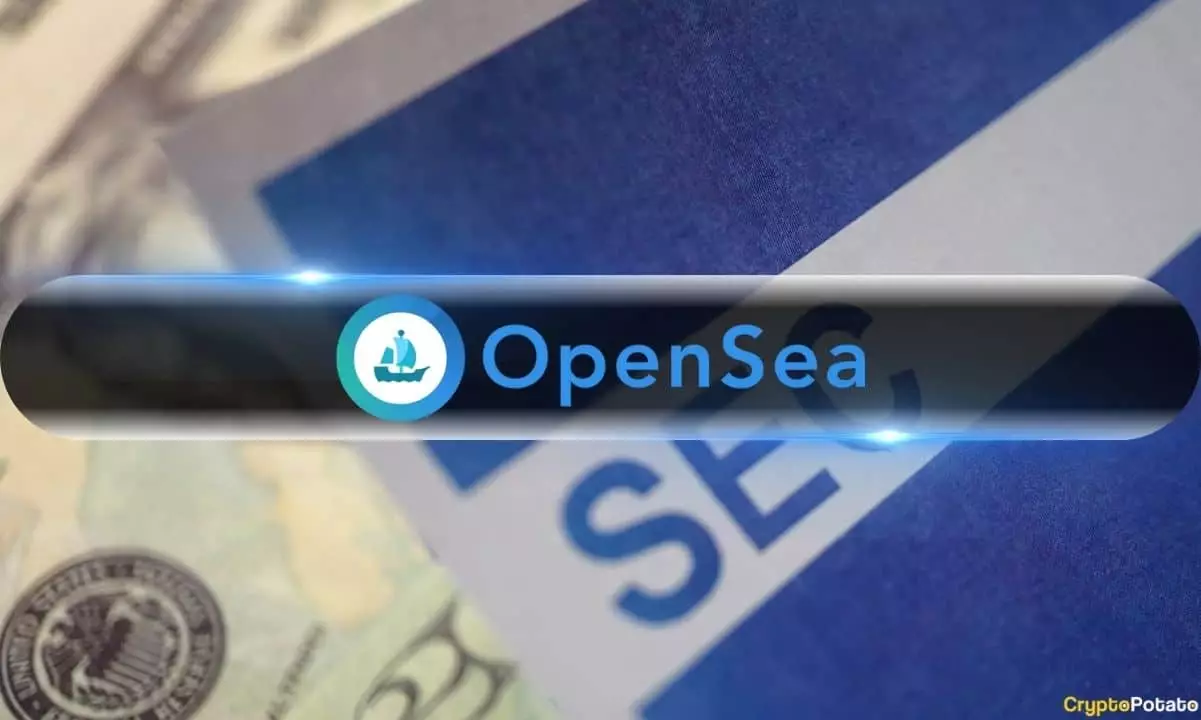The recent move by the US Securities and Exchange Commission to target various cryptocurrency platforms has sparked controversy once again. OpenSea, a popular NFT platform, is the latest to receive a Wells Notice from the SEC, indicating that the non-fungible tokens available on the platform could be considered unregistered securities. CEO Devin Finzer took to Twitter to express his disappointment in the regulator’s actions, stating that the SEC’s move could stifle innovation and put hundreds of thousands of online artists and creatives at risk.
Finzer highlighted that NFTs are “creative goods,” such as art, collectibles, and event tickets, that should not be treated the same as traditional securities. He argued against categorizing NFTs with collateralized debt obligations and other crypto assets, emphasizing the importance of allowing artists and creators to continue their work without fear of regulatory backlash. Several artists have already filed lawsuits against the SEC, citing concerns that their art and music could be classified as unregistered securities offerings.
In a show of support for NFT creators and developers, OpenSea’s CEO announced that the company will allocate $5 million to help cover legal fees for those who receive a Wells Notice from the SEC. This gesture underscores OpenSea’s commitment to standing up against the regulator’s actions and defending the rights of artists and creators in the cryptocurrency space.
OpenSea is not the only cryptocurrency platform to come under scrutiny from the SEC. Other companies such as Ripple, Coinbase, Binance, Uniswap, Kraken, and Consensys have also faced regulatory challenges in recent years. The SEC’s crackdown on the crypto industry has raised concerns about the future of innovation and creativity in this rapidly evolving sector.
The SEC’s targeting of cryptocurrency platforms like OpenSea underscores the ongoing tension between regulators and the decentralized nature of blockchain technology. As the crypto industry continues to grow and evolve, it is crucial for regulators to strike a balance between protecting investors and fostering innovation. Collaborative efforts between industry players and regulators will be essential in shaping the future of cryptocurrency and ensuring its long-term sustainability.

